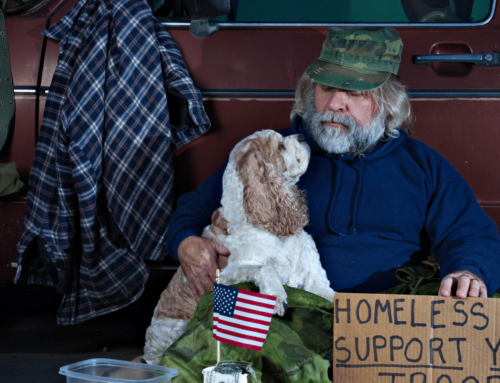How to Advocate for Veterans’ Rights at the Local, State, and Federal Level
Advocacy for veterans’ rights is a critical endeavor that requires collective action at various governmental levels. From veteran employment rights — also known as protected veteran rights — to civil rights, the scope is vast and the need is urgent. This comprehensive guide aims to equip you with the tools and knowledge to become an effective veteran advocate.
Understanding Veterans’ Rights Issues
Before diving into advocacy, it’s crucial to understand the range of veterans’ rights issues that exist. These can range from employment discrimination to lack of access to quality healthcare. Understanding these issues in depth will make your advocacy efforts more targeted and effective.
- Veteran Employment Rights: Veterans often face challenges in securing employment due to various factors such as skill translation and stigma.
- Protected Veteran Rights: These are rights safeguarded by laws to protect veterans from discrimination and to ensure they have equal access to opportunities.
- Civil Rights Veterans: Veterans are entitled to the same civil liberties as any other citizen and should not face discrimination based on their service history.
For a deeper understanding of these issues, visit Veterans and Public Policy.
Local Level Advocacy
Community Involvement
- Town Hall Meetings: Attend and speak at local town hall meetings to raise awareness about veterans’ rights issues.
- Local Media: Write op-eds or letters to the editor in your local newspaper about the importance of the rights all veterans have and should enjoy.
- Community Support: Establish or participate in community programs that support veterans. Learn more about the Importance of Community Support for Veterans.
Partner With Organizations
- Veteran Advocates: Partner with local veteran advocates to organize events or campaigns.
- Service Animals for Veterans: Collaborate with organizations that provide service animals to veterans. Read more on How Service Animals Can Benefit Veterans.
State Level Advocacy
Legislative Action
- Lobbying: Work with veteran advocates to lobby state legislators on bills that protect veterans’ rights.
- Public Policy: Engage in public policy discussions and forums. For resources, check Resources for Veterans.
Mental Health Advocacy
- Addressing Stigma: Advocate for policies that address the stigma surrounding mental health among veterans. Learn more about Addressing the Stigma of Mental Health Issues Among Veterans.
Federal Level Advocacy
Engage With Lawmakers
- Congressional Meetings: Schedule meetings with your congressional representatives to discuss protected veteran rights.
- Federal Programs: Advocate for better VA programs. For more information, visit VA Programs: Independent and Supported Living.
Raise Public Awareness
- Social Media Campaigns: Use platforms like Twitter and Facebook to raise awareness about how to advocate for veterans.
How to Become a Veteran Advocate
- Education: Familiarize yourself with all aspects of veterans’ rights.
- Networking: Connect with existing veteran advocates and organizations.
- Action: Get involved in local, state, and federal advocacy efforts.
Advocacy for veterans’ rights is a multi-layered process that requires concerted efforts at the local, state, and federal levels. No matter which specific veterans’ rights you are focused on, every action counts. Now that you know how to become a veteran advocate, it’s time to make a difference. By understanding and addressing these issues, we can all contribute to a more equitable society for our veterans.
National Veterans Homeless Support seeks to eliminate homelessness among veterans in Central Florida and nationwide. NVHS takes a proactive, intervention-based approach to homelessness by meeting homeless veterans where they are and helping them from there. Through programs like Search and Rescue Outreach, NVHS helps homeless veterans get the supplies they need to survive, connects them with support and resources, and helps them transition off the streets and into temporary or permanent housing. Some of our programs also include art therapy to help veterans heal. If you’re able, consider supporting our mission by donating or signing on as a volunteer.





